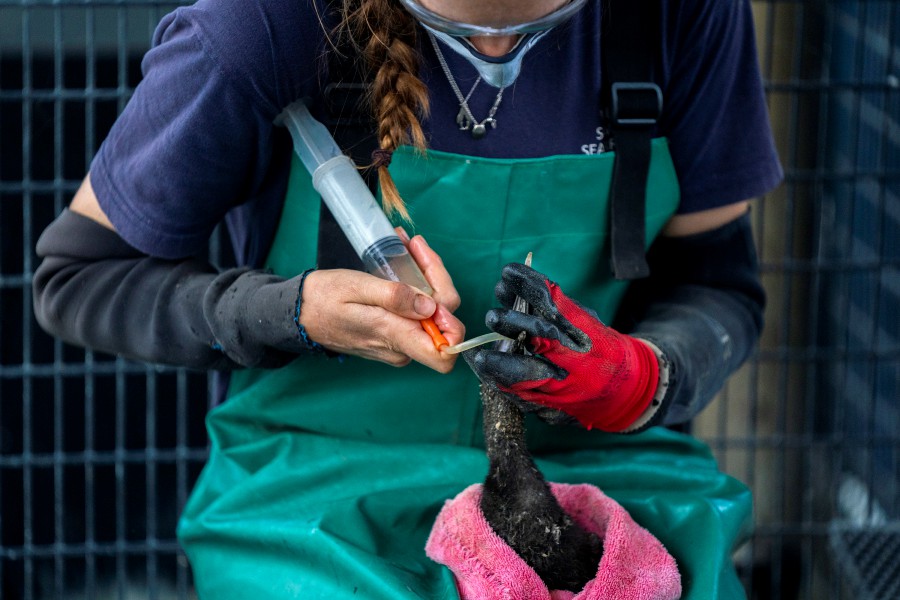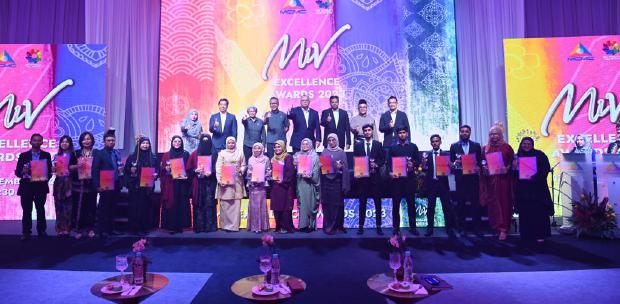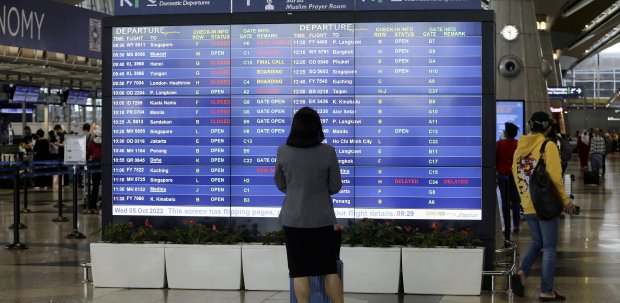IF there is one aspect that the ambitious and progressive 12th Malaysia Plan may have neglected, it is volunteerism, a tool that can be a game-changer in promoting a different development paradigm in Malaysia.
As we celebrate International Volunteer Day today, it is important that key stakeholders take note of the role of volunteerism in national development.
The fact that recently the country organised a major Sustainable Developments Goals Summit focused on the role of youth is very significant and encouraging, but it is also essential for federal and state governments to come up with a comprehensive plan to harness the power of volunteerism.
Volunteerism should not just be understood as provision of services to alleviate someone's needs or to directly solve a short-term problem.
Certainly, these are some of the most common and most important features of it, but it is a tool that can include advocacy and spreading awareness. Everything that is based on the free giving of time, skills and knowledge can be defined under the broad umbrella of volunteerism.
It is certainly not a panacea and it should not be seen as something aimed at replacing government action. Instead, it is something that complements it and it can step in whenever it is needed in order for other stakeholders to take note and join the action.
Nevertheless, Malaysia is slowly coming up with promising, innovative and progressive social policies. To many extents, the pandemic was an eye-opener and the federal government is now ready to do its part to address the fault lines exposed by Covid-19.
That's why the country should embrace volunteerism as one of the best forms of nation building and as an enabler of national reconciliation, a pillar that can bring diverse communities together.
That's why the federal government needs to start consultations for a comprehensive policy that focuses on civic engagement and enable volunteerism to become a key element to produce engaged, informed and committed citizens.
Resources can be allocated for a strong national volunteering programme, something devoid of politicisation and ethnic connotations. A programme of national cohesion that brings people, especially youth, together.
In terms of implementing such a programme, the option of direct government implementation can be discussed and compared with the possibility of having civil society organisations run it, through a partnership modality, at the ground level.
Each of the models has its pros and cons, and only a broad, open and inclusive brainstorming process can find the right formula.
For sure, a massive national
volunteering programme, while paramount, should not overshadow smaller volunteering initiatives that happen at the grassroots level, including those promoted by universities and schools.
We need, after all, an enabling environment where different elements can work together and in unison, each different from the others, but all aligned to the same national goals.
More options rather than one-size-fits-all approach may also better meet the different needs of millions of citizens ready to serve.
Yet, there is no doubt it is essential to have central coordination and avoid unnecessary overlapping, but at the same time, we need a system that is able to identify, support and recognise even small actions at ground levels.
We do not just need national awards, we also have to find simple ways to celebrate volunteering champions at community levels, those folks who unassumingly, day in and day out, strive for the common good.
If you think about the challenges that Malaysia is facing, from increased inequality to the imperative to become greener and more sustainable, there is no better way to address them than investing in volunteerism.
When we talk about social innovation, we should not just focus on tech-led breakthroughs, but instead think of new ways to bring change on the ground.
The State of the World's Volunteerism Report released today by United Nations Volunteers shows that volunteerism, in its many forms and shapes, is a key enabler of inclusive social change, a change that can even herald new forms of civic governance where people take part in local affairs as their contribution to the common good.
In this sense, volunteerism is a true enabler and all Malaysians should embrace it. The government, at all levels, must do its part for this to happen.
The author writes on social inclusion, youth development, regional integration and the Sustainable Development Goals in the context of Asia Pacific






